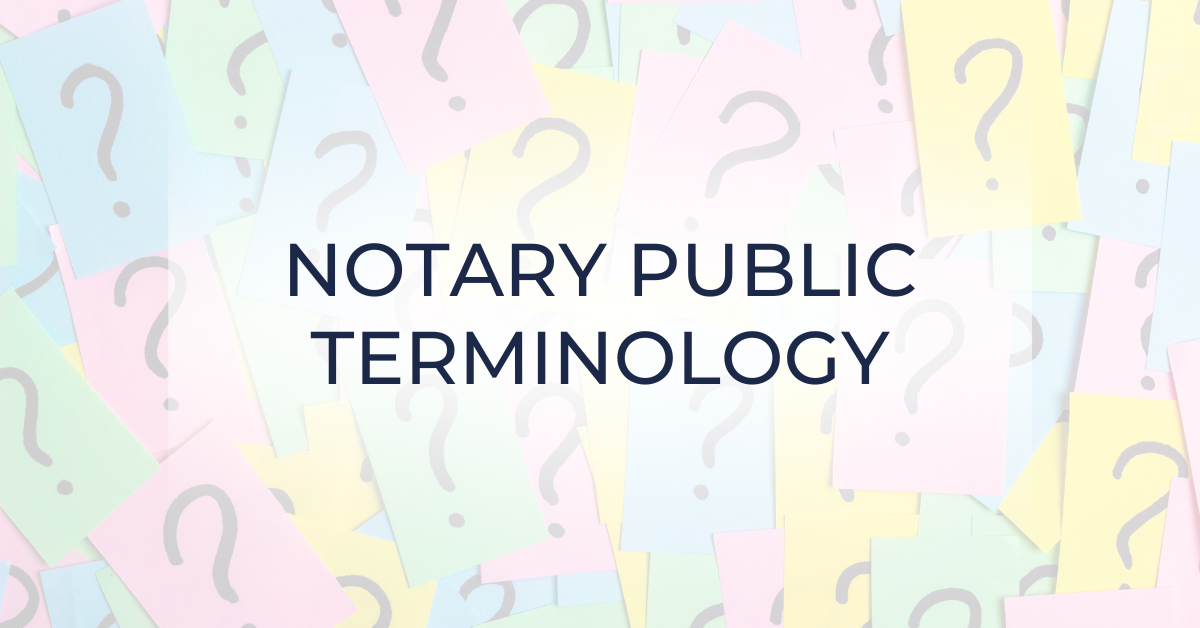
Curious about what a notary actually does? 🤔🔍 Discover the essential roles and responsibilities of a notary public, including the key notarial acts like acknowledgments and jurats.
Revised 9/16/24
People often ask, what is a notary?
A notary public is appointed by their state’s commissioning authority (most commonly the Secretary of State, Governor, Lieutenant Governor, or State Treasurer) to perform notarial acts. A notary acts as an impartial witness to the execution (signing) of a document. Each state has its own notary laws and rules to adhere by.
What is a notarial act?
A notarial act is an official act a notary is authorized to perform according to their state laws and rules. Two of the most common types of notarial acts are taking an acknowledgment and administering an oath or affirmation.
Now, let’s discuss what each of these acts means.
When taking an acknowledgment, the document signer verbally acknowledges that they willingly signed the document and understand its content and consequences. The signer does not have to sign the document in front of the notary; it can be signed previously.
If administering an oath or affirmation, also called a jurat, the document signer verbally swears or affirms under the penalty of perjury that they signed the document for its intended purpose and that the contents of the document are true and correct. The document signer must sign the document in the presence of the notary.
Be sure to check your state’s notary laws and rules for a complete list of duties allowed in your state.
